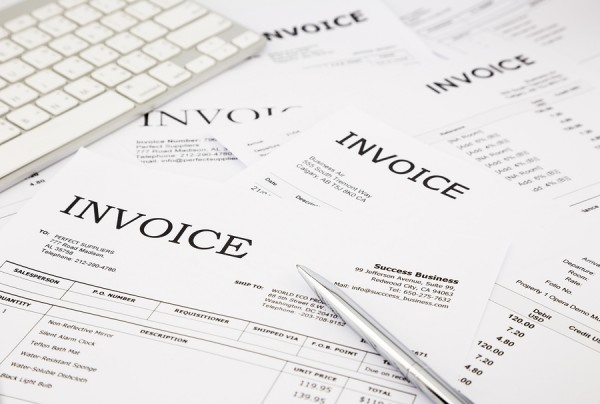

What happens if they still haven’t paid the invoice?

Simply enter the interest rate, the number of days by which the invoice is overdue, and the invoice amount, and you can calculate the total value of the interest you’re owed. However, you don’t need to do the calculation yourself – the New South Wales government has an online late payment interest calculator that you can use to work out the amount of interest to charge on unpaid invoices.

From that point onwards, you would charge an additional $41.67 every month until the bill is paid. Generally speaking, late fees on invoices should be capped at around 10% annually, with the interest broken down into a monthly charge.įor example, if you’re charging 10% interest on a $5,000 invoice, the annual interest rate would be $500, which means that the monthly interest would be $41.67. How much interest can I charge on overdue invoices in Australia?Īlthough it’s legal to charge interest on overdue invoices in Australia, that doesn’t mean that you can charge an interest rate that’s excessively high. The due date for payment must be clearly stated on the invoice The interest must be reasonable – we’ll explain a little more about what this means in the next section However, it’s worth remembering that this is a grey area of the law, so you’ll still need to adhere to a few requirements to be on the safe side:Ī provision regarding overdue interest should be included in your invoice’s payment terms usually, payment terms state that an invoice should be paid within 30 days of receipt Charging interest for late payments on invoices is legal in Australia. You may ask yourself, can I charge interest on late payments? Yes. Is it legal to charge interest on overdue accounts? If none of these methods work, you should escalate by sending another formal notice stating that you will be charging interest on your original invoice. Mail a formal letter – If the first two steps don’t work, you may need to issue a firm reminder by formal letter, demanding payment of your invoice. Get in touch via telephone – If you don’t receive an answer, your next course of action should be to make a call to the finance officer or accounts payable team. In some cases, the invoice may simply have been sent to the wrong person, or the accounting team just needs a little nudge to get the ball rolling on your payment. Send a polite email – First off, send a short, friendly email inquiring about the status of your payment. After all, settling the issue amicably is likely to allow you to continue doing business with the late payer in the future. What should I do before charging interest for late payments on invoices?īefore you start charging late fees on invoices, there are several steps you should take first. Find out a little more about charging interest for late payments on invoices, as well as the steps you can take to resolve the situation before it gets too serious. Fortunately, there are many ways that you can pursue late payments. After all, many small businesses survive or fail based on their ability to maintain a healthy cash flow. For many small and medium size businesses, late payments are more than an irritation – they pose a very real threat to your business’s continued financial health.


 0 kommentar(er)
0 kommentar(er)
